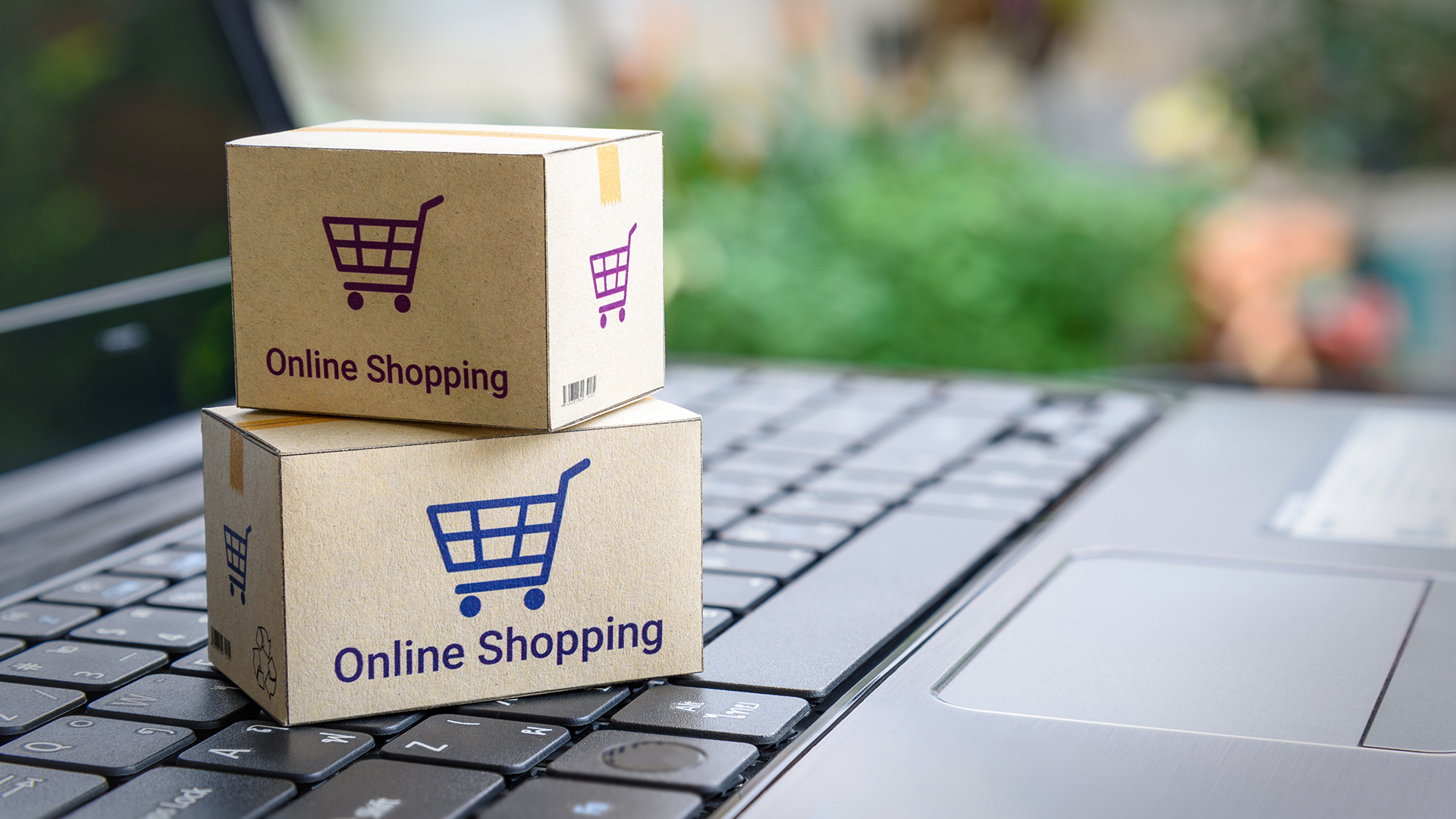What is E-commerce: Everything You Need to Know
- 12 June 2024
- 9 min to read
- 1300 views

E-commerce refers to the buying and selling of goods and services over the internet. It encompasses a wide range of business activities, including online shopping, digital payments, and electronic transactions between businesses.
The electronic commerce industry has become a really important part of global retail sales.
Based on statistics from Shopify, the global e-commerce market is projected to reach $6.3 trillion in 2024, showing an 8.8% increase from the previous year. This growth illustrates the rising popularity of online shopping worldwide and the expansion of the digital economy.
Types of E-Commerce Businesses
E-commerce businesses are available in various forms, each serving different market dynamics and customer needs. Here's an overview of the four main types:
- Business to Consumer (B2C): This is the most common e-commerce model, where businesses sell directly to consumers. Online retail stores like Amazon and eBay are prime examples, offering a wide range of products directly to end-users.
- Business to Business (B2B): In this model, transactions occur between businesses. Companies sell products or services to other businesses, often in bulk. Alibaba is a notable B2B platform where wholesalers and retailers interact.
- Consumer to Consumer (C2C): This model involves transactions between consumers, typically facilitated by a third-party platform. Sites like eBay and Craigslist enable individuals to sell items to each other, often used goods.
- Consumer to Business (C2B): Here, individuals sell products or offer services to businesses. This model is common in freelance marketplaces like Upwork, where individuals provide services such as writing, graphic design, and more to businesses.
How E-Commerce Works
E-commerce leverages electronic channels to facilitate transactions between buyers and sellers. Similar to a physical store, customers visit your e-commerce site to browse products and make purchases. However, e-commerce also involves ongoing communication between your website and its server host.
Typically, e-commerce follows these steps:
Product Listing: A business lists its products and services on the website.
Browsing and Selection: A customer browses the catalog, selects the desired items, and adds them to the cart.
Payment: The customer pays for the items using one of the available payment options.
Reception: The business receives the order on its dashboard.
Processing: The payment is processed, and the order is approved.
Fulfillment: An order manager sends the order to the fulfillment department or warehouse for dispatch authorization.
Customer Notification: The customer receives a notification of order approval and additional details, including shipping and tracking information.
Shipping: The business ships the product or provides the requested service.
This process ensures a smooth and efficient transaction from product selection to delivery, enhancing the overall customer experience.
An Example of The Successful Story
Meest International is excellent at integrating logistics services, including warehousing, fulfillment, shipping, and customs clearance. We provide a one-stop solution, simplifying logistics processes for businesses.

One of Meest International's standout features is its advanced Shipping API, which integrates seamlessly with e-commerce platforms to automate shipment management and tracking. This technology not only enhances the operational efficiency of businesses but also provides customers with real-time updates on their orders, improving the overall shopping experience.
Additionally, Meest International’s extensive global network ensures that businesses can reach customers in virtually any part of the world. Their robust logistics infrastructure includes warehousing, fulfillment services, and customs clearance, enabling smooth and timely deliveries. This global reach, combined with localized expertise, allows Meest International to navigate the complexities of international shipping with ease.
Our comprehensive solutions, commitment to sustainability, and advanced technology have made us a model of success in the industry. We help businesses achieve smooth and efficient cross-border operations. Meest International has become a trusted name in e-commerce logistics by prioritizing customer needs and continuous innovation.
A Must-Have for Modern Businesses
Today, online business is not just a luxury but a must-have for companies that want to succeed in a competitive market. Online shopping has changed how people buy things and it's important for businesses to have a strong online presence. By using online business, companies can reach more people, work all the time, and offer a shopping experience that meets the needs of modern customers.
One good thing about online business is that it can help businesses reach customers all over the world. This means that businesses can sell to people in many different places, not just where they are. This is important because it helps businesses grow and reach new markets without spending too much money.
"We have technology, finally, that for the first time in human history allows people to really maintain rich connections with much larger numbers of people." - Pierre Omidyar, Founder of eBay
Right now, when stores might be closed, online business is a good way for businesses to keep making money. This helps them stay in business for a long time and changes with what customers want.
In short, online business is a part of modern business that is very important. It has lots of good things about it, like reaching more people, making customers happier, and helping businesses learn more about what people want. As technology keeps getting better, businesses that use online business will do better in the competitive market.




